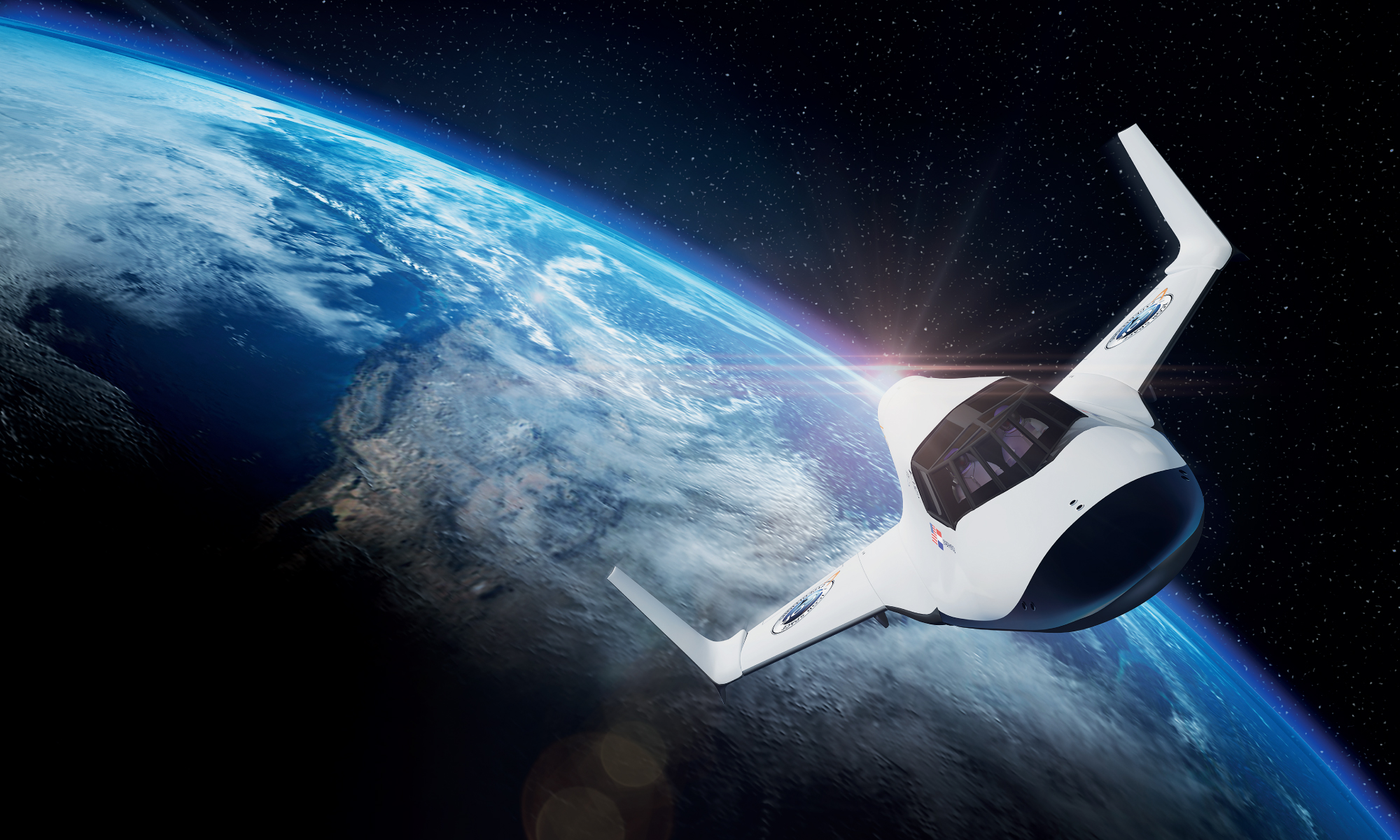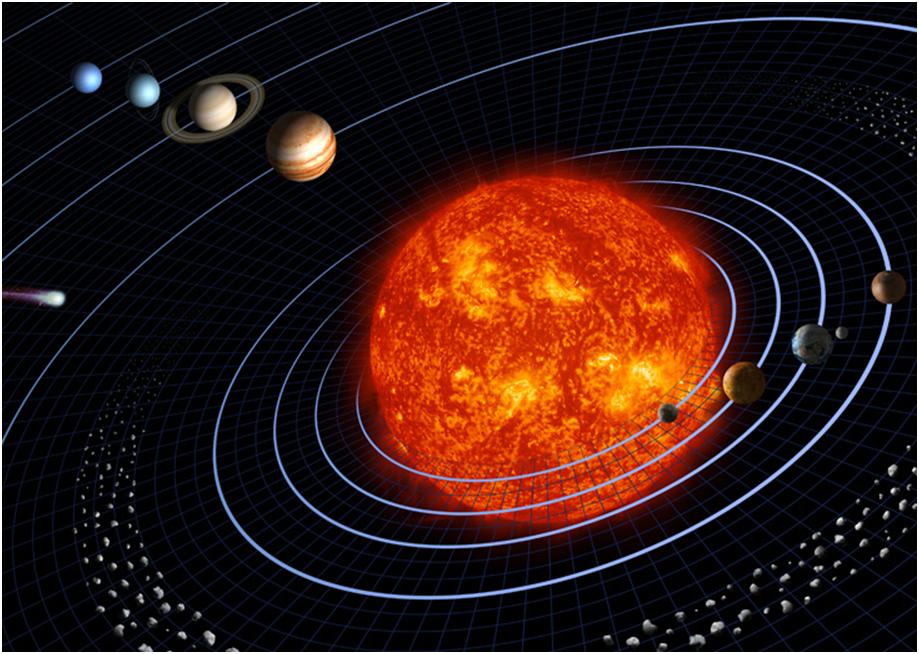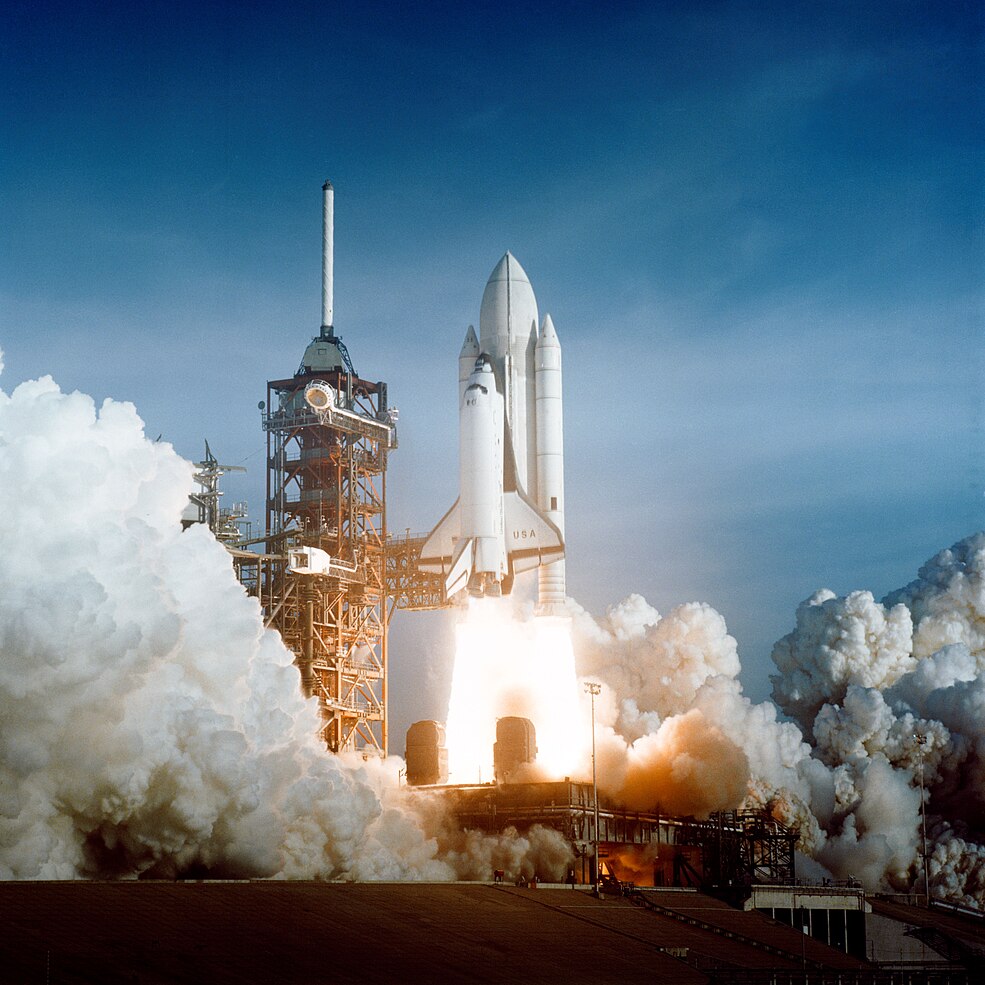Souvenir Sheet: P.Volkov, Dobrovolsky, Patsaev (Equatorial Guinea 1972)
P.Volkov, Dobrovolsky, Patsaev (Equatorial Guinea 1972)
14 December (Equatorial Guinea ) within release By the conquest of space goes into circulation Souvenir Sheet P.Volkov, Dobrovolsky, Patsaev face value 200+25 Equatorial Guinean peseta
| Souvenir Sheet P.Volkov, Dobrovolsky, Patsaev in catalogues | |
|---|---|
| Yvert et Tellier: | Yt:GQ 26 (BF1) |
| Michel: | Mi:GQ 197 BL51 |
Souvenir Sheet is horizontal format.
Also in the issue By the conquest of space:
- Souvenir Sheet - Komarov, Volkov, Dobrovolsky, Patsayev, Grissom, White, Chaf face value 250+50;
- Stamp - Grissom, White and Chaffee face value 1;
- Stamp - Vladimir Komarov face value 3;
- Stamp - Soyuz 11 face value 5;
- Stamp - Soyuz 11 and Salut 1 face value 8;
- Stamp - V. Volkov, G. Dobrovolsky, V, Patsayev face value 10;
- Stamp - The incident face value 15;
- Stamp - The dead cosmonauts face value 25;
- Souvenir Sheet - P.Volkov, Dobrovolsky, Patsaev face value 200+25;
- Stamp - P.Volkov, Dobrovolsky, Patsaev face value 200+25;
- Stamp - Komarov, Volkov, Dobrovolsky, Patsayev, Grissom, White, Chaf face value 250+50;
- Stamp - Grissom, White and Chaffee face value 1;
- Stamp - Soyuz 11 face value 5;
- Stamp - Soyuz 11 and Salut 1 face value 8;
- Stamp - The dead cosmonauts face value 25;
- Stamp - The incident face value 15;
- Stamp - V. Volkov, G. Dobrovolsky, V, Patsayev face value 10;
- Stamp - Vladimir Komarov face value 3;
Souvenir Sheet P.Volkov, Dobrovolsky, Patsaev it reflects the thematic directions:
Religion is any cultural system of designated behaviors and practices, world views, texts, sanctified places, ethics, or organizations, that relate humanity to the supernatural or transcendental. Religions relate humanity to what anthropologist Clifford Geertz has referred to as a cosmic "order of existence". Different religions may or may not contain various elements ranging from the "divine", "sacred things", "faith", a "supernatural being or supernatural beings" or "some sort of ultimacy and transcendence that will provide norms and power for the rest of life". Religious practices may include rituals, sermons, commemoration or veneration (of deities), sacrifices, festivals, feasts, trances, initiations, funerary services, matrimonial services, meditation, prayer, music, art, dance, public service, or other aspects of human culture. Religions have sacred histories and narratives, which may be preserved in sacred scriptures, and symbols and holy places, that aim mostly to give a meaning to life. Religions may contain symbolic stories, which are sometimes said by followers to be true, that have the side purpose of explaining the origin of life, the Universe and other things. Traditionally, faith, in addition to reason, has been considered a source of religious beliefs. There are an estimated 10,000 distinct religions worldwide. About 84% of the world's population is affiliated with one of the five largest religions, namely Christianity, Islam, Hinduism, Buddhism or forms of folk religion.
Celestial bodies or heavenly bodies are objects in space such as the sun, moon, planets, and stars. They form a part of the vast universe we live in and are usually very far from us.
A spacecraft is a vehicle that is designed to fly and operate in outer space. Spacecraft are used for a variety of purposes, including communications, Earth observation, meteorology, navigation, space colonization, planetary exploration, and transportation of humans and cargo. All spacecraft except single-stage-to-orbit vehicles cannot get into space on their own, and require a launch vehicle (carrier rocket).
The pope (Latin: papa, from Ancient Greek: πάππας, romanized: páppas, lit. 'father') is the bishop of Rome and the visible head[a] of the worldwide Catholic Church. He is also known as the supreme pontiff, Roman pontiff, or sovereign pontiff. From the eighth century until 1870, the pope was the sovereign or head of state of the Papal States, and since 1929 of the much smaller Vatican City state.From a Catholic viewpoint, the primacy of the bishop of Rome is largely derived from his role as the apostolic successor to Saint Peter, to whom primacy was conferred by Jesus, who gave Peter the Keys of Heaven and the powers of "binding and loosing", naming him as the "rock" upon which the Church would be built. The reigning pope is Francis, who was elected on 13 March 2013.
An astronaut (from the Ancient Greek ἄστρον (astron), meaning 'star', and ναύτης (nautes), meaning 'sailor') is a person trained, equipped, and deployed by a human spaceflight program to serve as a commander or crew member aboard a spacecraft. Although generally reserved for professional space travelers, the term is sometimes applied to anyone who travels into space, including scientists, politicians, journalists, and tourists
Outer space (or simply space) is the expanse that exists beyond Earth's atmosphere and between celestial bodies. It contains ultra-low levels of particle densities, constituting a near-perfect vacuum of predominantly hydrogen and helium plasma, permeated by electromagnetic radiation, cosmic rays, neutrinos, magnetic fields and dust. The baseline temperature of outer space, as set by the background radiation from the Big Bang, is 2.7 kelvins (−270 °C; −455 °F)






